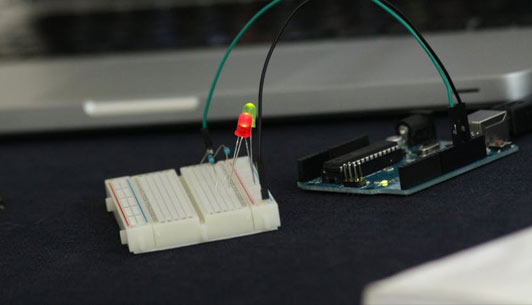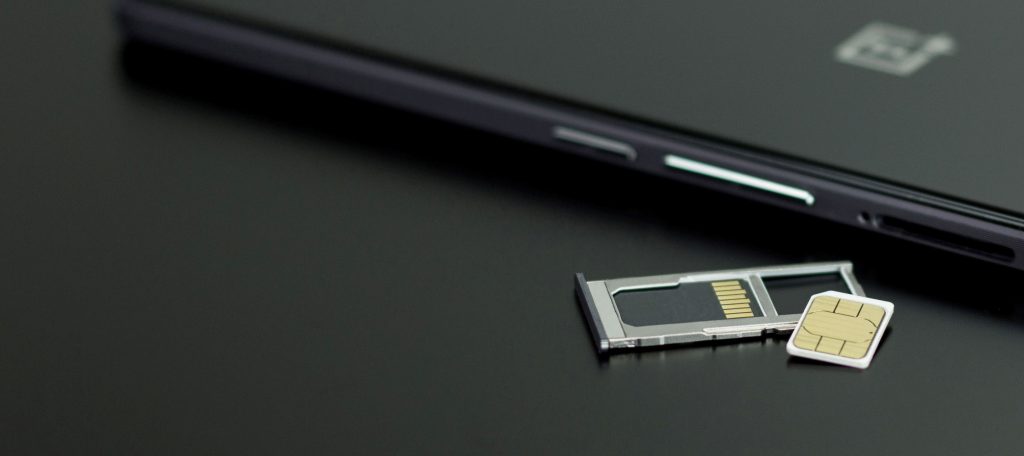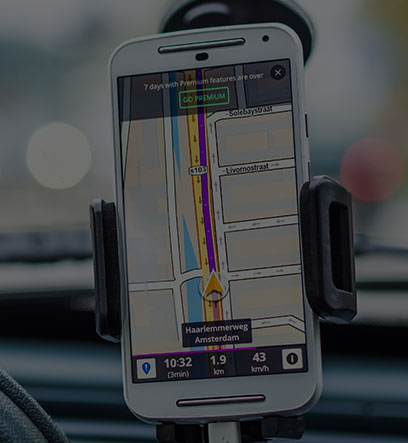
Hardware Challenges
Our customers tend to use different hardware of their choice to go with TrackSchoolBus software depending on features and availability. To provide them a seamless, hassle-free experience, our engineers have strived hard to offer compatibility with a wide range of GPS tracking hardware.
So, from the very beginning GPS hardware has been an inseparable part of the TrackSchoolBus journey. But still, we had to encounter a number of challenges related to hardware.
Let’s have a look at these challenges.
SIM Card Challenges
Most popular GPS trackers work on 2G, very few have 3G and 4G compatibility. In Australia, such 2G trackers will not work as telecom operator don’t sell 2G SIM card anymore and also the old 2G plans and SIM card are obsolete.
GPS tracker needs SIM card as some of them need SMS package as configuration happens on SMS. Since data and SMS plans are for mobile users, there is no specific package available specifically for GPS trackers.
Most GPS devices provide the option to install a SIM card. But generally, this method is not that secure and has the chances to get stolen. Misuse of SIM cards might happen if it gets into wrong hands.
Dual band GPS tracker has recently come into the market and is very expensive as two different telecom providers have to be paid for the use of one. In case if GPRS strength is weak, secondary SIM connection is used. There is no intelligence on optimal data usage.
Shape and size of the SIM card must be the same because if it differs, then it might lead to connection loss in GPS tracking device which then gets disconnected from the server.


GPS Tracker Challenges
Every GPS service provider has their own protocols to integrate with the server, which makes system integrator’s job difficult. Not only this, but switching to different software is also difficult.
Due to the lack of centralized approving body, there are compatibility issues not only with the integration protocol but also with the number of satellites, flexibility to connect other hardware/sensors, etc.
Only eight countries have eSIM GPS trackers (link webpage regarding eSIM and list of eight countries). There is a lot for the buzz on IoT whereas GPS trackers are the world’s primary IoT devices which are lagging behind in terms of an upgrade.
Ideally, by now, there should be different GPS trackers for different industries based on specific needs. In today’s marketplace of GPS trackers, mobile apps play an important role. But still, there are situations where mobile apps fail.
GPS trackers are not designed under specific characteristics. In some countries, the data plans are expensive which eliminates the real time to make it close to real-time tracking.
Some countries like India are addressing few challenges by introducing AIS 140 where all GPS trackers supplier using the same integration protocol uses eSIM. This is just a beginning, there is a lot more to happen. Hopefully, focusing on IoT will provide you with more features.
RFID Readers
RFID readers which integrate with GPS trackers are expensive as compared to the normal traditional RFID reader.
Due to the non-standardized nature of RFID supplied across the world, all RFID readers cannot be the same. Different RFID card manufacturer needs a different RFID reader.
Not all mobile phones or tablets are an NFC reader. But, once the market is flooded with more models of NFC reader, the need for transition RFID readers might reduce.
Not all RFID readers are same. There are some readers in which RFID of every student needs to be registered. But in these readers, there are some challenges such as
- If RFID of any child is not registered in the reader, then it will alert.
- Though RFID is registered, but still if the bus is out of service then it is required to set the RFID reader with all those registered RFID’s.
- It is a time-consuming process as all the things have to be done manually.
CCTV Camera – MDVR
Very few players in MDVR are expensive as compared to CCTV installed on premise as opposed to CCTV installed on moving vehicles.
Live streaming is limited. In some countries, it is not possible due to expensive data packages.
A local store in MDVR should be backed up. Some manufacturers try to automate CCTV footage back up, but this is not available in the market impeccably.
Country – Specific Challenges
The climate of the country: The manufacturers specify the working temp/humidity limits of the devices which we must take care of. If the device is send to a country where the climate is freezing cold or extreme hot, then, it might affect the performance of the device.
Quality of GPS/GSM signal varies based on geographical area. To overcome this situation, some brand/model produce external GPS and GSM antenna.
Many brands support RFID/Mifare card readers and other external components like temperature sensor, fuel sensor, CAN. All these are integrated through any one of the following protocols – 1 wire, RS232, RJ45, Wiegand.
Some tracker brands/models do not support any additional components like RFID reader or external components which are purely designed for tracking purpose only.